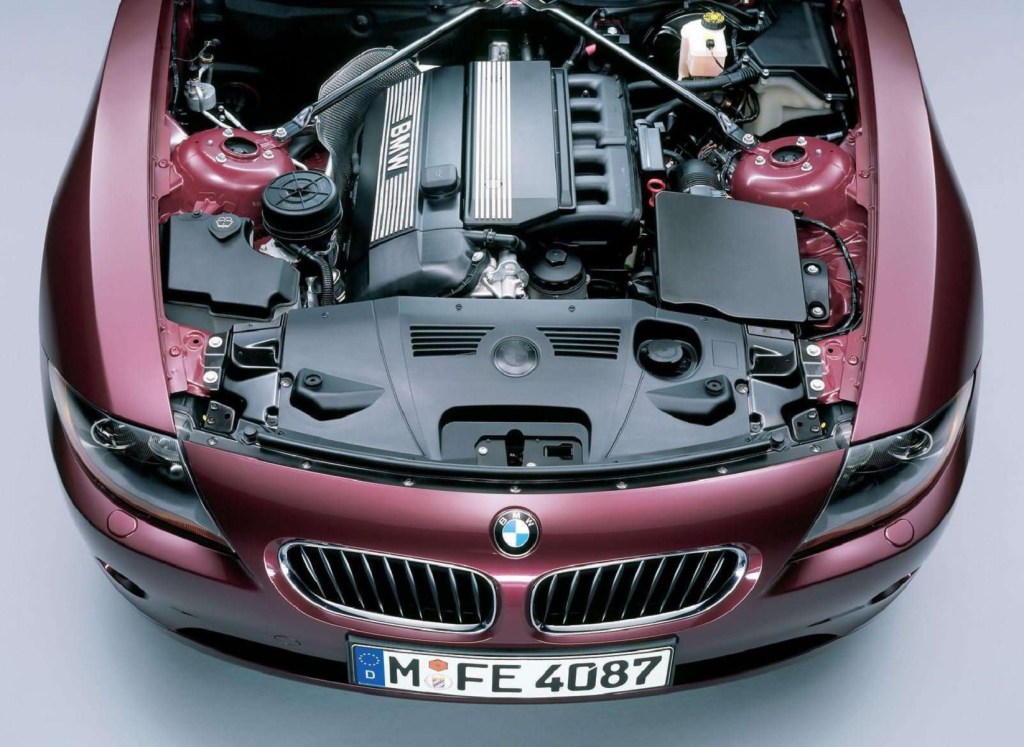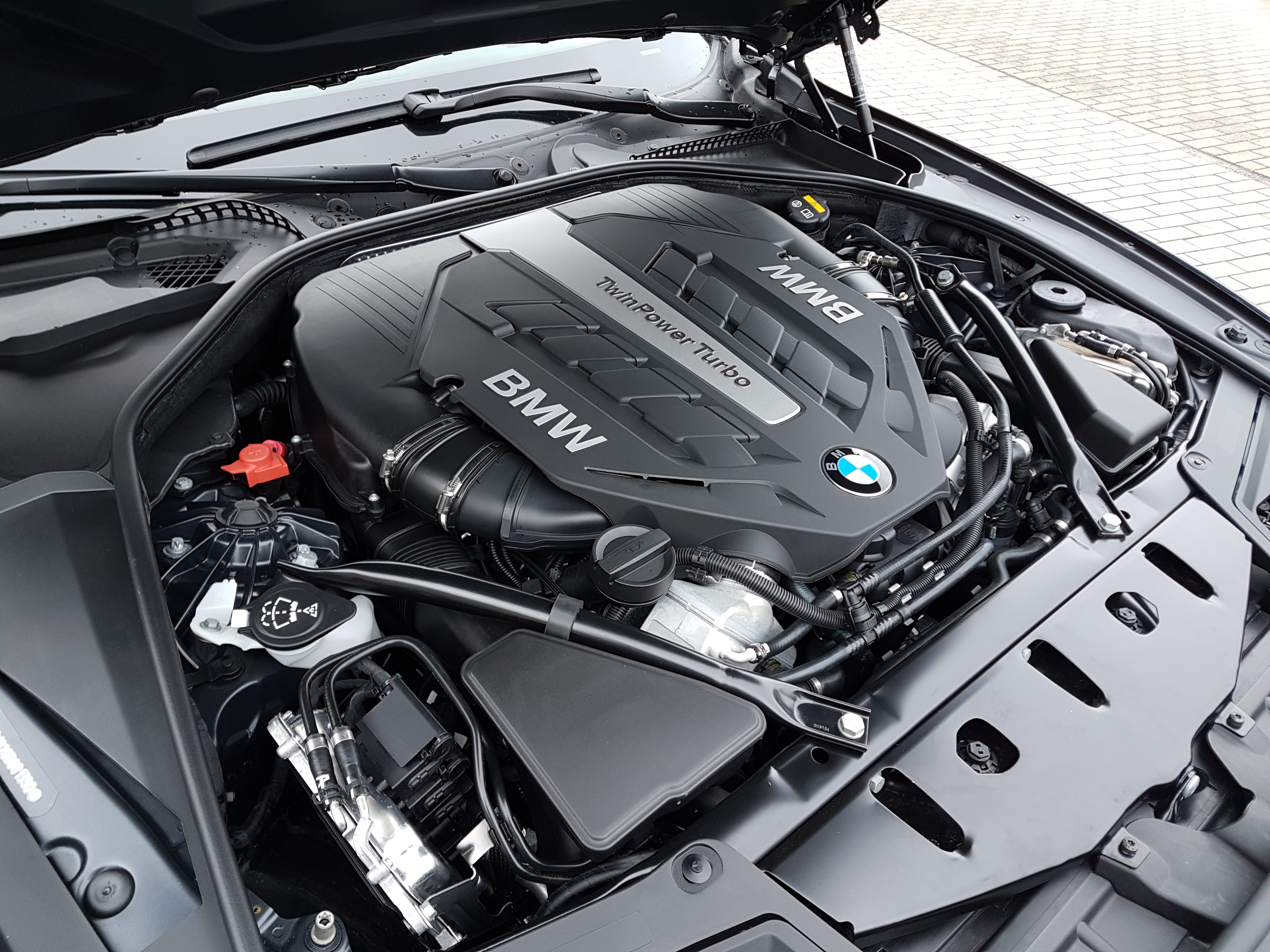How to Keep Your BMW Engine for Optimum Efficiency and Durability
How to Keep Your BMW Engine for Optimum Efficiency and Durability
Blog Article
Introducing the Intricacies of Next-Generation Power Units: a Deep Dive Into Advanced Engine Advancements and styles
In the realm of auto engineering, the ruthless search of efficiency, sustainability, and performance has pushed the evolution of power devices to unmatched elevations. As we base on the precipice of a new period in transportation, the intricacies of next-generation engine styles bid us to check out the sophisticated innovations and advancements that assure to redefine the driving experience. From innovative materials that push the boundaries of durability and weight decrease to sophisticated turbocharging and supercharging systems that boost power outcome to new degrees, each component of these power devices holds a crucial to unlocking the future of automobile design. Digging deeper into the realms of emission control, intelligent engine monitoring systems, and the perspective of power device advancement, we find ourselves on the cusp of a change that promises to improve the landscape of mobility as we understand it.
Development of Engine Materials

The change in the direction of progressed engine materials has actually additionally enabled engineers to develop engines with higher power results while keeping fuel effectiveness standards. The usage of lightweight materials lowers the total weight of the engine, leading to improved fuel economic situation and lower emissions. Furthermore, advancements in products modern technology have actually allowed for much better thermal management within engines, resulting in increased reliability and long life.
Turbocharging and Supercharging Technologies
Exactly How do Turbocharging and Supercharging Technologies revolutionize engine performance and effectiveness in modern-day vehicles? Turbocharging and turbo charging are modern technologies that significantly boost engine performance by boosting the amount of air consumption into the burning chamber. Turbocharging accomplishes this by using a turbine driven by exhaust gases to pressurize the consumption air, while turbo charging makes use of a belt- or chain-driven compressor to achieve the same result.
These innovations make it possible for smaller sized, extra fuel-efficient engines to create power equivalent to larger ones, referred to as downsizing. Forcibly even more air right into the cyndrical tubes, turbo charging and turbocharging enhance combustion effectiveness, causing raised horse power and torque output without a significant rise in engine dimension. This causes far better acceleration, hauling capability, and general driving performance.
Additionally, turbo charging and turbocharging add to improved gas performance by allowing the use of smaller engines that eat less gas under normal driving conditions - bmw engine. This mix of improved performance and effectiveness has made turbocharging and turbo charging indispensable components of lots of modern-day engine designs
Emission Control and Environmental Influence
With raising global concerns regarding air quality and environmental sustainability, the implementation of discharge control modern technologies in automobiles plays an essential function in minimizing hazardous toxins launched into the ambience. Modern automobiles are equipped with advanced emission control systems that help decrease the ecological influence of automotive operations. Catalytic converters, for instance, are developed to transform hazardous gases such as carbon monoxide, directory nitrogen oxides, and hydrocarbons into less harmful materials like carbon dioxide and water vapor.
Furthermore, developments in engine modern technology, such as the integration of exhaust gas recirculation systems and discerning catalytic decrease, have actually dramatically contributed to lowering emissions. These innovations operate in tandem to maximize burning efficiency and decrease the launch of hazardous toxins into the air. Furthermore, the growth of hybrid and electrical lorries stands for a crucial action towards lowering the total environmental footprint of the transport sector.
Intelligent Engine Administration Equipment

Furthermore, these systems allow lorries to satisfy rigorous discharges standards without endangering performance, supplying a more environmentally pleasant driving experience. The integration of expert system and artificial intelligence abilities in engine administration systems remains to push the limits of what is feasible, bring about further renovations in performance, reliability, and total vehicle performance. bmw engine. As automobile innovation breakthroughs, smart engine administration systems will play a critical duty in shaping the future of transport towards an extra lasting and efficient direction
Future Trends in Power System Growth
As smart engine administration systems lead the way for boosted control and optimization in contemporary automobiles, future fads in power system development are positioned to redefine the landscape of vehicle propulsion innovations. These alternative power resources use boosted efficiency and efficiency while straightening with rigid environmental laws.
An additional significant trend is the assimilation of sophisticated materials and producing strategies. Light-weight materials such as carbon fiber and light weight aluminum are being used to lower general vehicle weight, boosting fuel effectiveness and efficiency. Additionally, improvements in 3D printing and additive manufacturing are allowing the manufacturing of complex engine parts with higher accuracy and sturdiness.
In addition, expert system and device knowing are playing an essential duty in maximizing power system performance. These technologies permit real-time tracking and adaptive control, resulting in a lot more effective and trustworthy power shipment. Generally, future trends in power unit advancement are geared towards performance, efficiency, and sustainability, driving the automotive market towards a new period of propulsion innovations.

Verdict
In conclusion, the improvements in engine materials, Clicking Here turbocharging, discharge control, and smart administration systems have actually paved the means for next-generation power units. The elaborate my site layouts and technologies in contemporary engines showcase the continuous development of automobile modern technology.
Discovering the modern developments in engine materials has actually been crucial in improving the performance and efficiency of modern-day engines. Over the years, the evolution of engine products has played a vital function in pushing the boundaries of what engines can attain.The change towards advanced engine materials has actually additionally made it possible for engineers to design engines with higher power results while keeping gas effectiveness requirements.The application of intelligent engine administration systems in modern-day automobiles has actually revolutionized the way engines are controlled and optimized for performance and effectiveness. By collecting information in real-time and examining it with innovative formulas, smart engine management systems can adapt to driving designs, environmental variables, and engine health and wellness to take full advantage of power outcome while minimizing fuel usage and exhausts.
Report this page